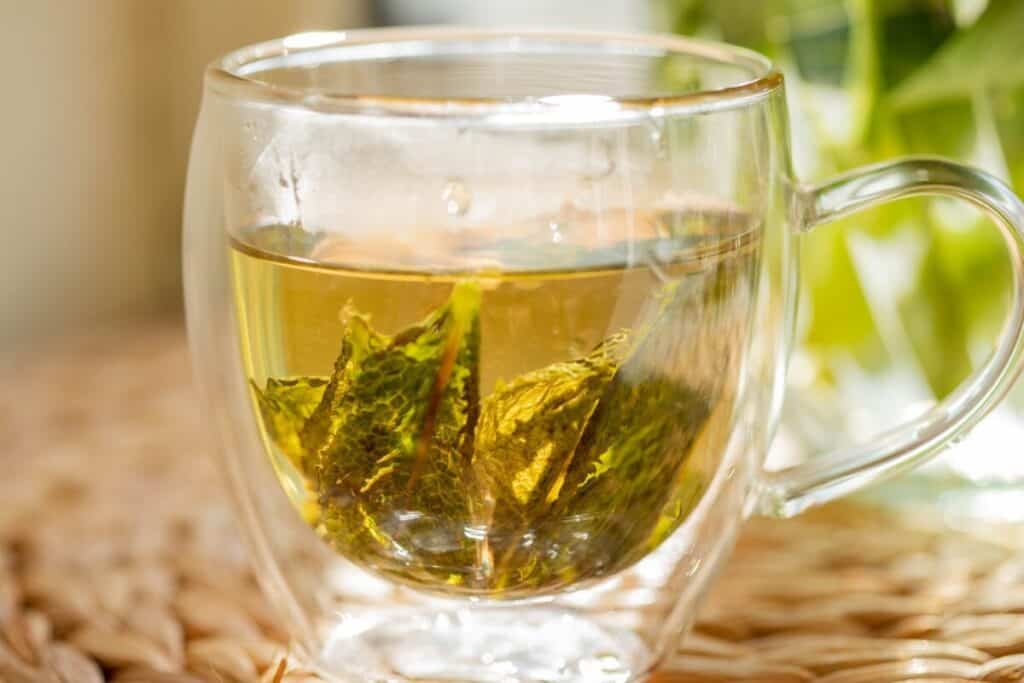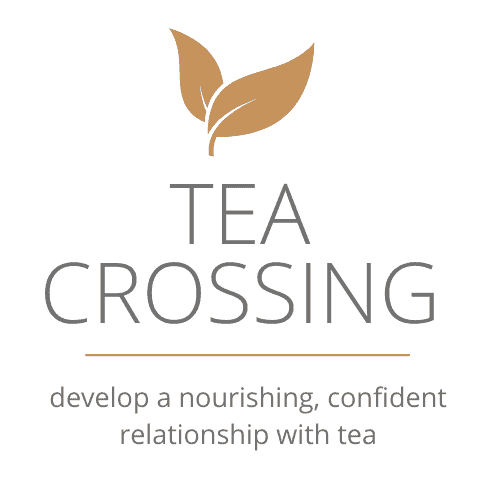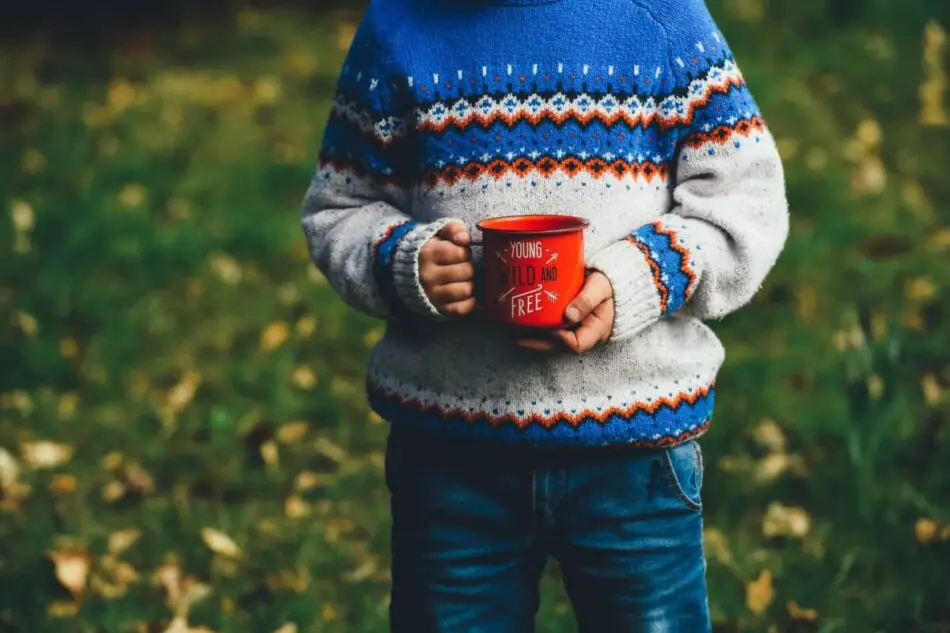Herbal tea is a popular drink that is often consumed for its health benefits. But can kids drink herbal tea? And if so, what are the safety concerns? In this blog post, I will explore the answer to these questions and provide some advice on how to make sure your child stays safe while enjoying this healthy beverage.
Can Kids Drink Herbal Tea?
Yes, they can! Herbal tea may be a great way to get kids to drink more water. Herbal teas are made with herbs, fruits, and spices, so they’re naturally caffeine-free and full of antioxidants. They can be enjoyed hot or cold, making them a versatile beverage choice for kids.
When it comes to kids and herbal tea, there are some safety concerns: Let’s take a closer look at each of these concerns.
Potential Allergies
If your child is allergic to certain herbs, fruits, or spices, they may also be allergic to the corresponding herbal tea. For example, chamomile tea contains pollen from the daisy-like plant that may cause an allergic reaction in children who are already allergic to ragweed, marigolds, or chrysanthemums. If you’re not sure whether your child is allergic to any of the ingredients in an herbal tea, it’s best to err on the side of caution and avoid giving it to them.
The Risk Of Scalding
Hot beverages can scald, or burn, young children. To avoid this, make sure to serve herbal tea at a temperature that is safe for kids to drink. The best way to do this is to let the tea cool for a few minutes after boiling it before serving it to your child. You can also add some cold water or ice cubes to the tea if you need to cool it down quickly.

Avoid Giving Them Caffeinated Teas
Caffeine is a stimulant and can cause hyperactivity in children. It’s best to avoid giving kids caffeinated teas. If you must give them tea, decaffeinated varieties are a better option.
While some research suggests that small amounts of caffeine may be safe for kids, it’s best to err on the side of caution. Too much caffeine can cause restlessness, insomnia, headaches, and stomachaches. It can also lead to dehydration because it causes increased urination.
If your child does consume caffeinated beverages, make sure they’re drinking plenty of water throughout the day to stay hydrated. And limit their intake to no more than 100 mg per day. Watch for signs that they’re drinking too much caffeine, such as irritability, nervousness, and trouble sleeping. If you think they may be consuming too much, talk to their doctor.
Don’t Give The Kids Too Much
Herbal tea is great for kids, but you should be careful not to give them too much. Too much herbal tea can cause problems like stomach upset, diarrhea, and dehydration. If your child does drink too much herbal tea, make sure they stay hydrated by drinking plenty of fluids and see a doctor if the symptoms persist. Limit their intake to no more than two cups per day. Any more than that could start to cause issues.
Herbal Teas That Are Safe For Kids
Herbal teas can be a delicious and healthy way to hydrate kids of all ages. Here are five herbal teas that are completely safe for kids to enjoy:
- Chamomile tea is made from the dried flower heads of the plant Camellia sinensis. This tea has a sweet, floral flavor and is naturally caffeine-free. Chamomile tea is thought to be soothing, making it a great bedtime beverage for kids.
- Lavender tea is made from the dried flowers of the plant Lavandula angustifolia. Lavender tea has a light, floral flavor and is naturally caffeine-free.
- Mint tea is made from the dried leaves of the plant Mentha spicata. It has a refreshing, minty flavor and is naturally caffeine-free. Mint tea is thought to be cooling and soothing, making it a great choice for kids who are feeling under the weather.
- Rooibos tea is made from the dried leaves of the plant Aspalathus linearis. Rooibos tea has a sweet, earthy flavor and is also caffeine-free. This tea is rich in antioxidants, making it a nice beverage for kids.
- Herbal blends are mixtures of different dried herbs, fruits, and flowers. There are many different flavor combinations available, so there is sure to be a blend that your kids will love. Herbal blends are naturally caffeine-free and can be made with or without added sweeteners.
What Age Can A Kid Drink Tea?
There are mixed opinions on when it’s appropriate to start giving kids tea. Some parents opt to wait until their child is a bit older, while others introduce it earlier on. So, at what age can a kid drink tea?
According to research, there isn’t a definitive answer. However, some experts suggest that waiting until a child is at least six years old may be best. This gives them time to develop more mature taste buds and be better able to handle the caffeine content in tea. Of course, every child is different, so ultimately it’s up to the parent to decide when their little one is ready for tea-time.
What Herbs Are Safe For Babies?
There are a few herbs that are generally considered safe for babies, such as chamomile and lavender. Some other common herbs that are often considered safe for babies include calendula, lemon balm, and fennel. However, it’s important to speak with a healthcare professional before giving any herbs to a baby, as some can interact with medications or have other potential side effects.
Additionally, it’s best to avoid giving infants very large doses of any herb, as their bodies are still developing and may not be able to process them effectively. When in doubt, it’s always best to err on the side of caution.
Final Words
When it comes to kids and herbal tea, the key is to exercise caution and use your best judgment. Kids can drink herbal tea but if you’re not sure whether an herbal tea is safe for your child, ask their pediatrician or another medical professional for guidance. And always be sure to serve the tea at a safe temperature to avoid scalding. With a little bit of care, your child can enjoy all the benefits that herbal tea has to offer!

